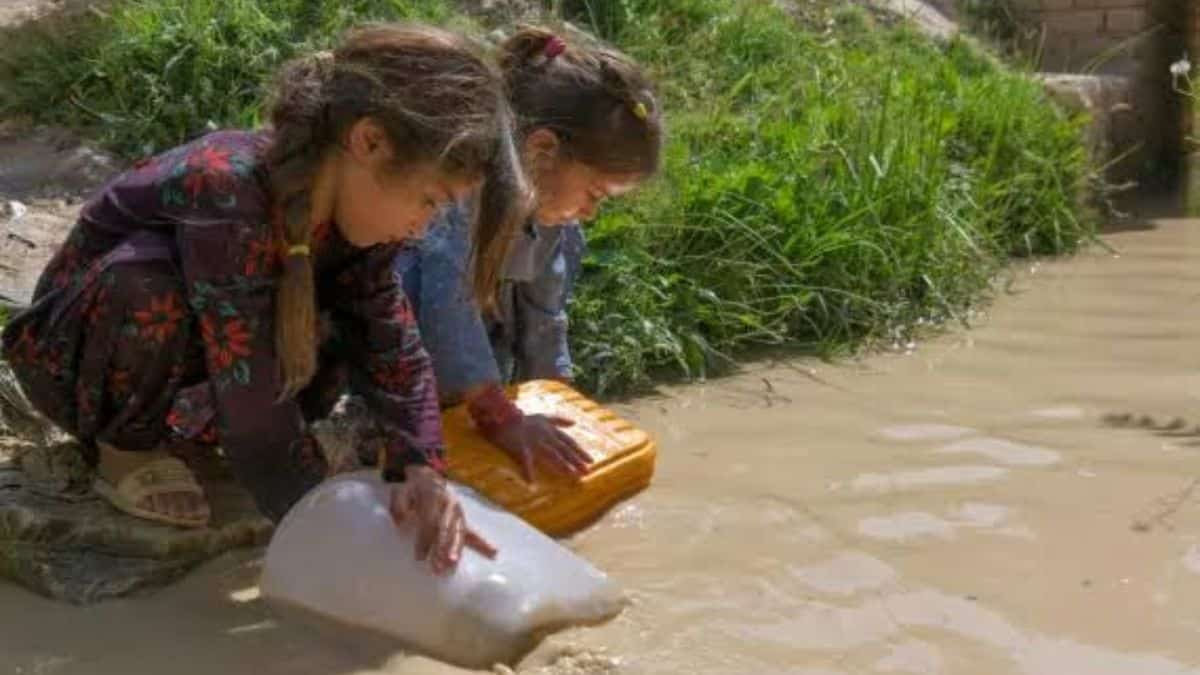Residents of Rubat-i-Sangi, a district in western Herat province, are grappling with a severe water crisis that threatens their health and well-being. The scarcity of safe drinking water has led to the widespread consumption of contaminated sources, resulting in escalating health problems among the local population.
The district’s water infrastructure is inadequate, leaving many residents dependent on unsafe sources like open wells and stagnant pools. These water sources are polluted with harmful bacteria, chemicals, and pollutants, posing serious health risks.
The lack of access to clean water has led to an increase in waterborne diseases, such as cholera and dysentery. Children and the elderly are particularly vulnerable, facing severe health complications that exacerbate the already challenging living conditions. Hospitals and clinics in the area report a surge in cases related to water contamination, placing an additional burden on the district’s limited healthcare resources.
Local authorities acknowledge the crisis but struggle with limited resources and logistical challenges in addressing the issue. Efforts to install water filtration systems and improve infrastructure are ongoing, but progress is slow and insufficient to meet the urgent needs of the community.
The situation calls for immediate action from both national and international organizations. Aid in the form of clean water supplies, infrastructure development, and health education is crucial to mitigate the crisis. Without a concerted effort to provide safe drinking water, the residents of Rubat-i-Sangi will continue to face health hazards that undermine their quality of life and overall well-being.
Addressing this issue is not just a matter of improving infrastructure but also of safeguarding the health and future of Rubat-i-Sangi’s residents.

